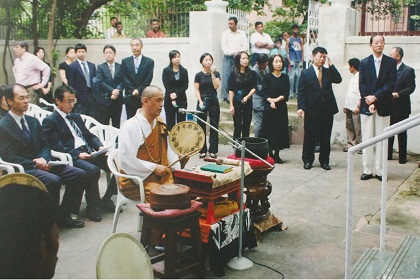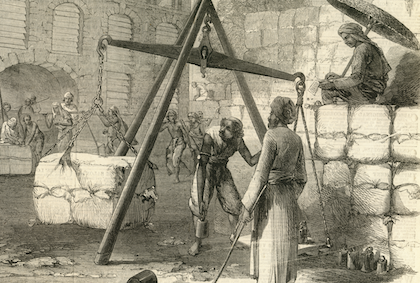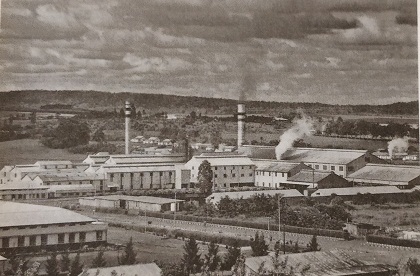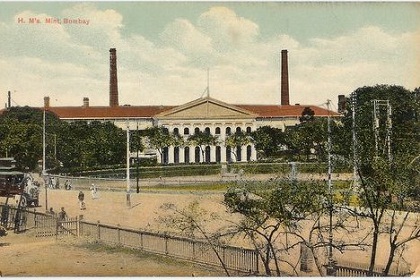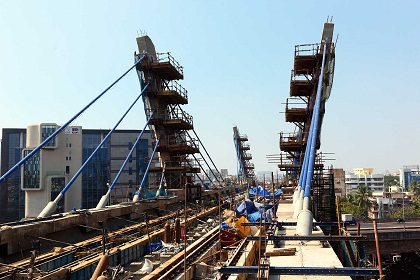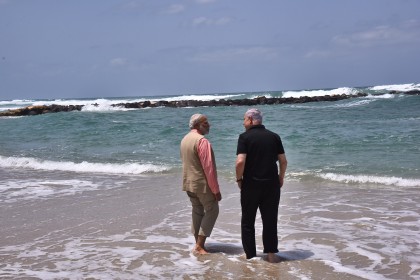Japan’s Buddhist trail in Bombay
At the turn of the 20th century, British India was home to about 3,000 Japanese expatriates, and Bombay and its presidency had well-established trade ties with Imperial Japan – until the Second World War brought it all to an end. The city never regained its substantial Japanese resident population, but the few monuments that remain point to rich political and religious linkages

